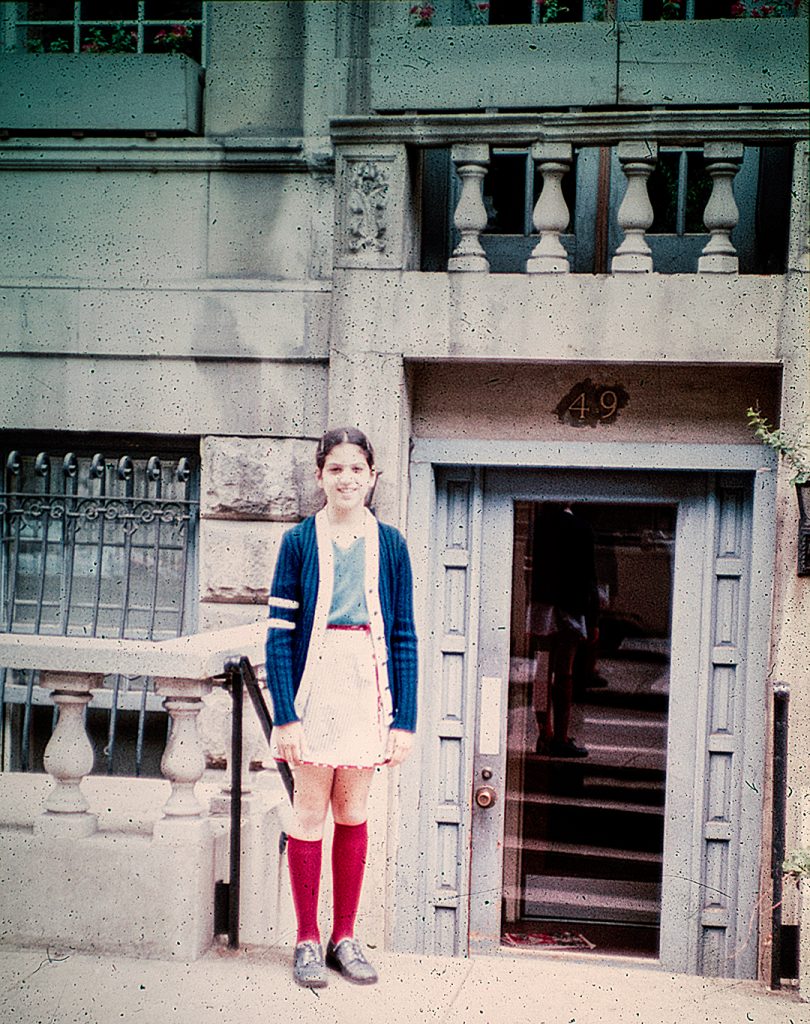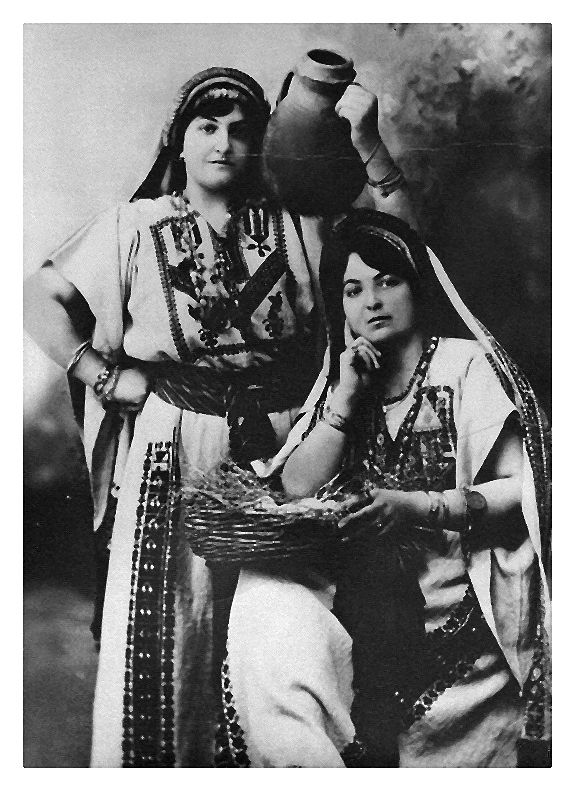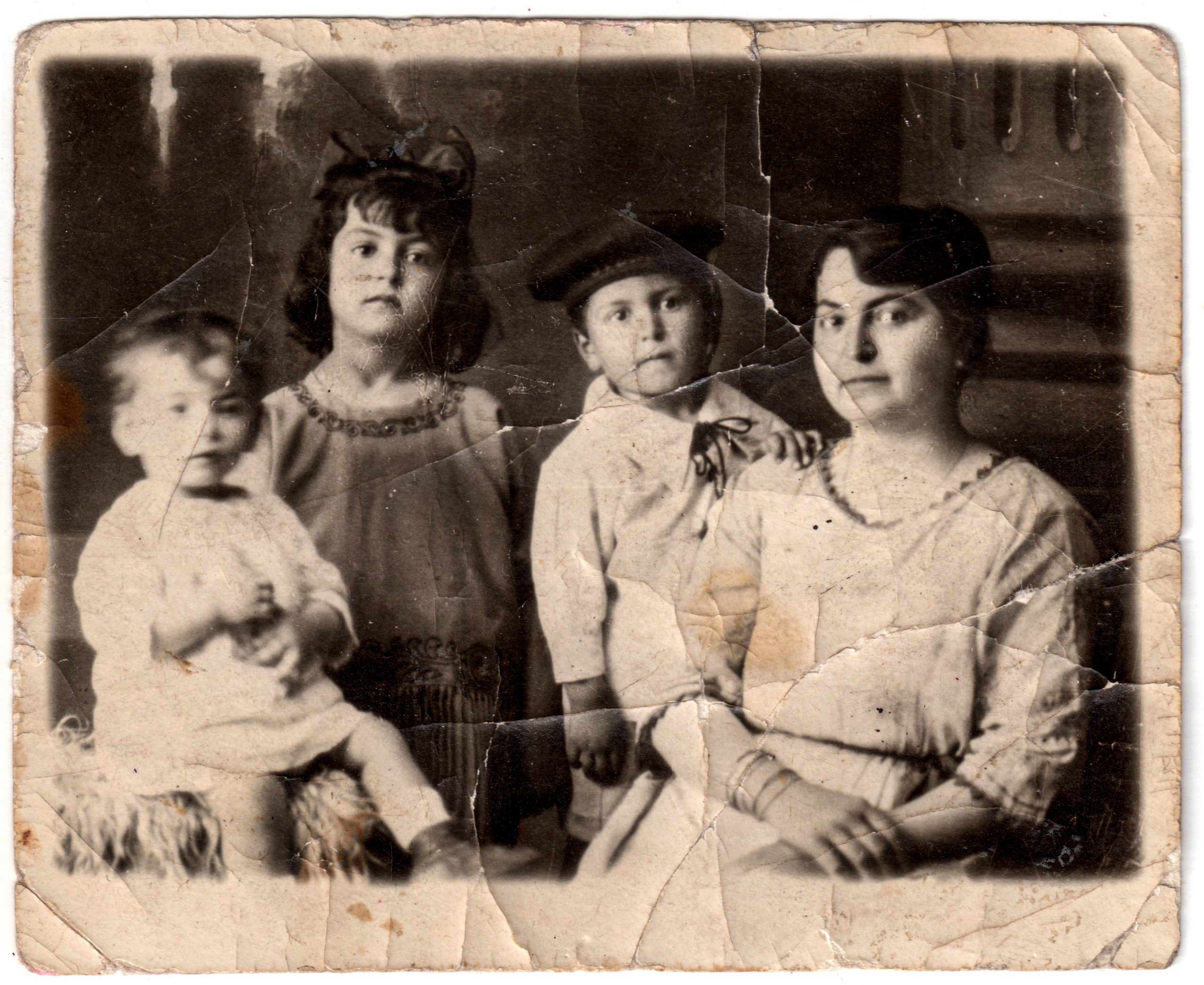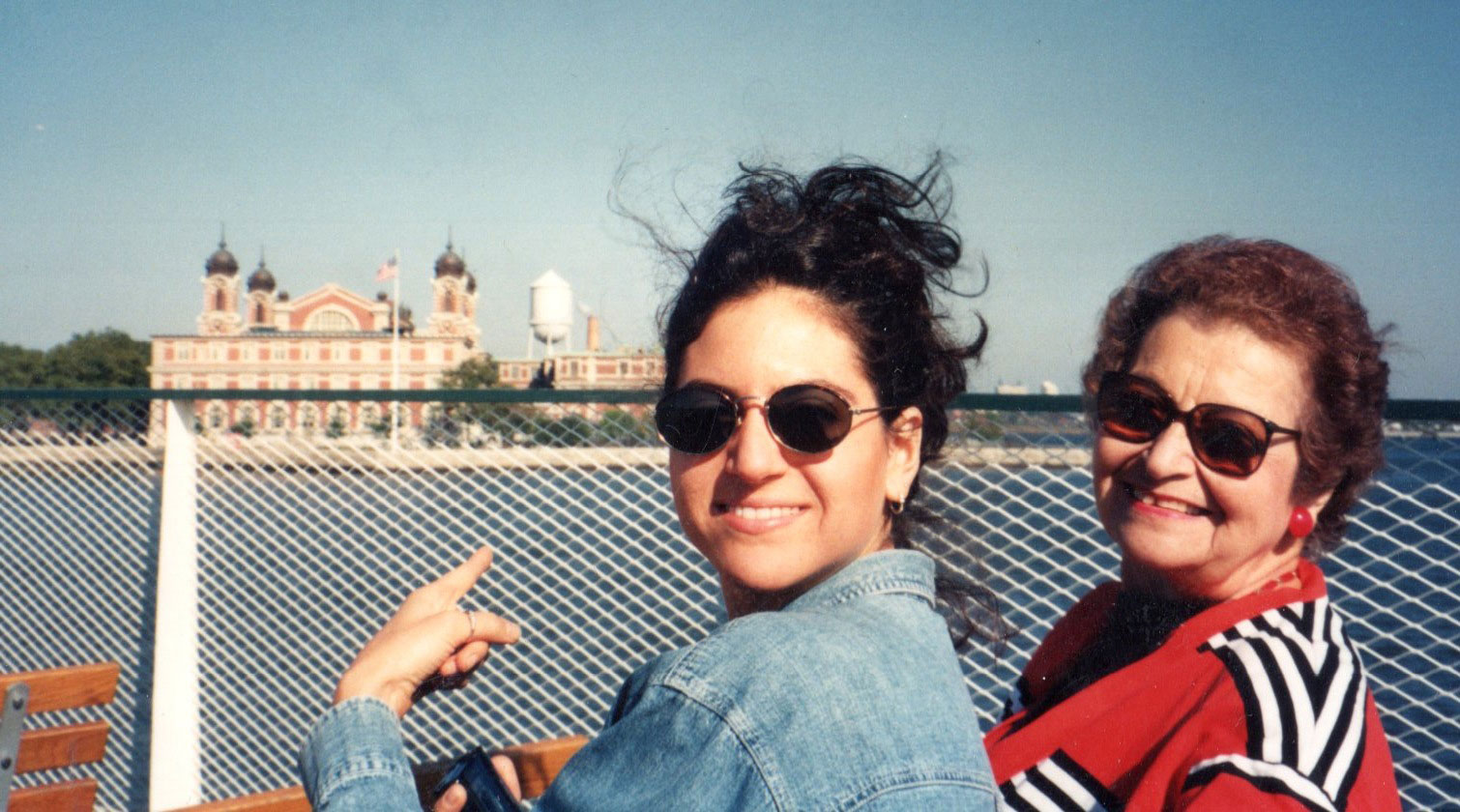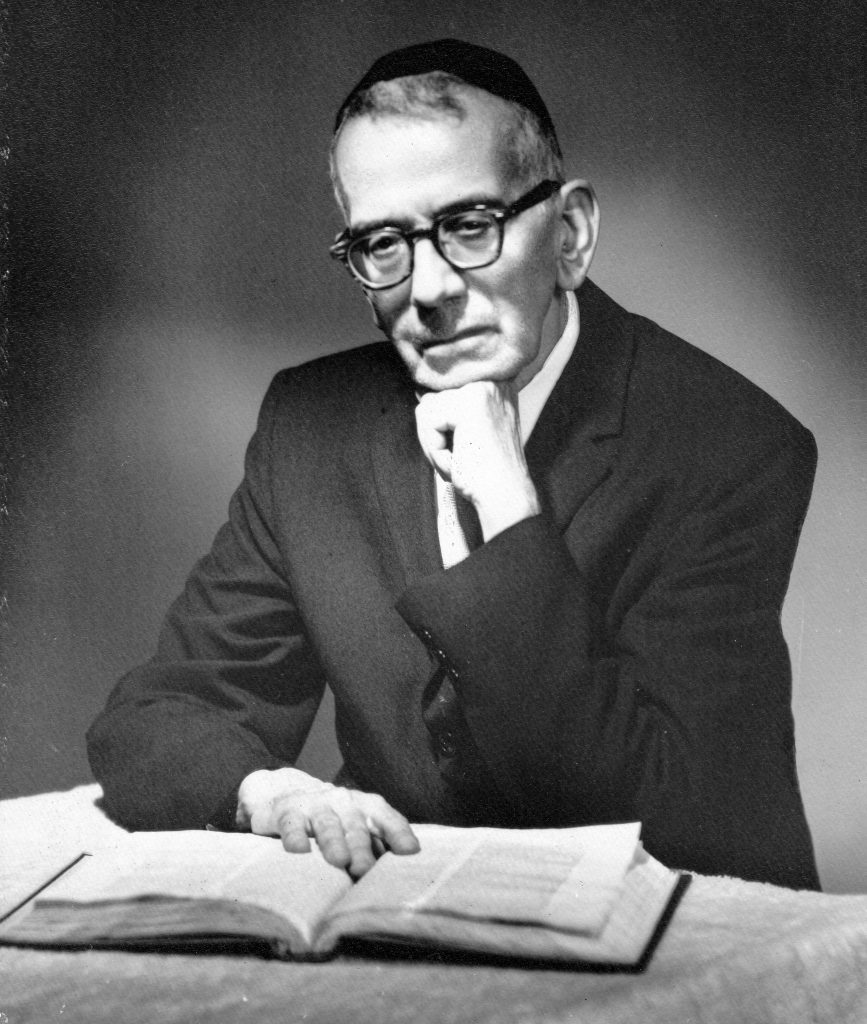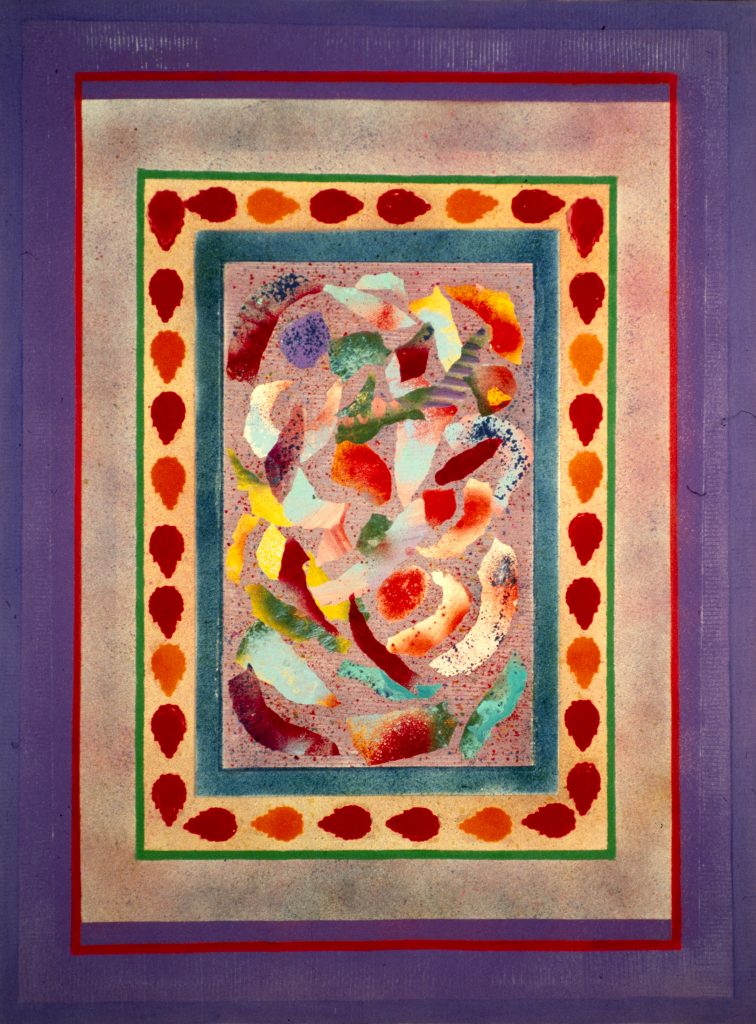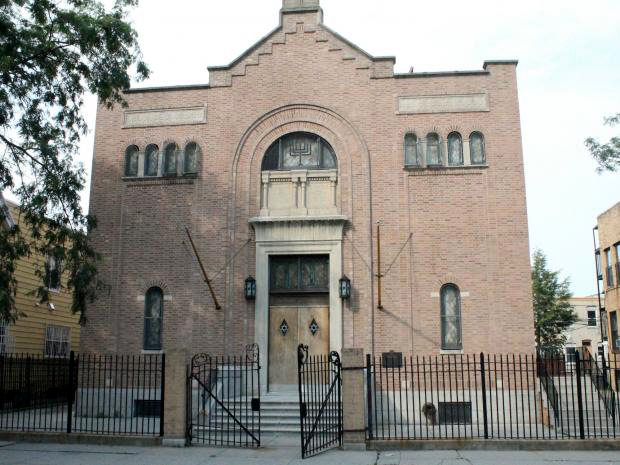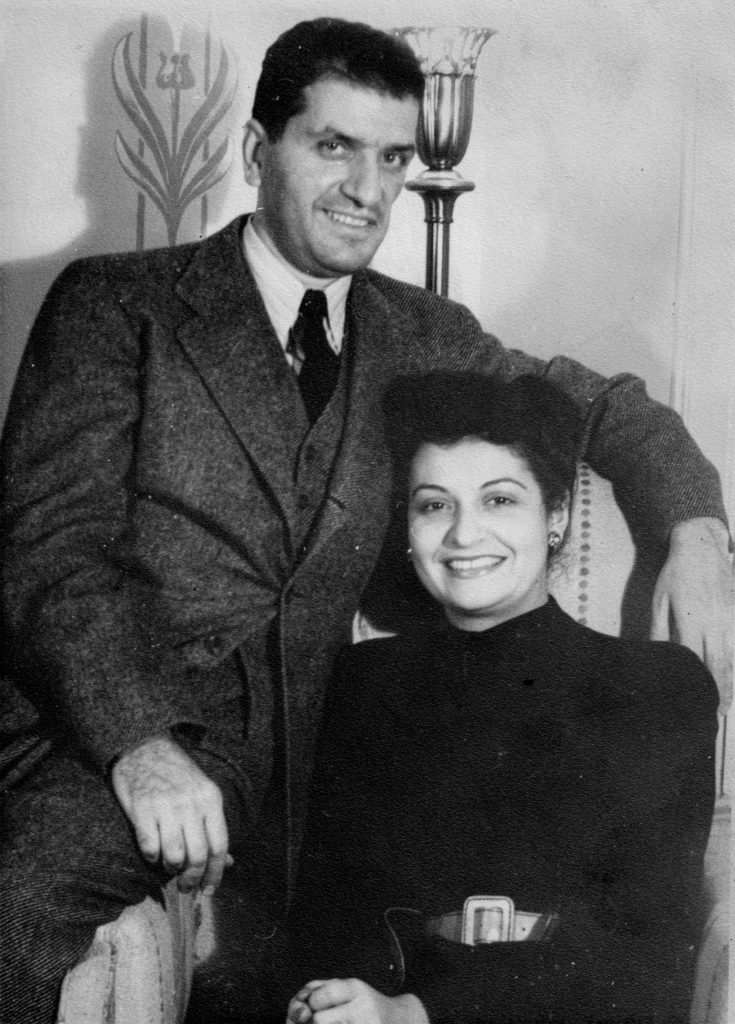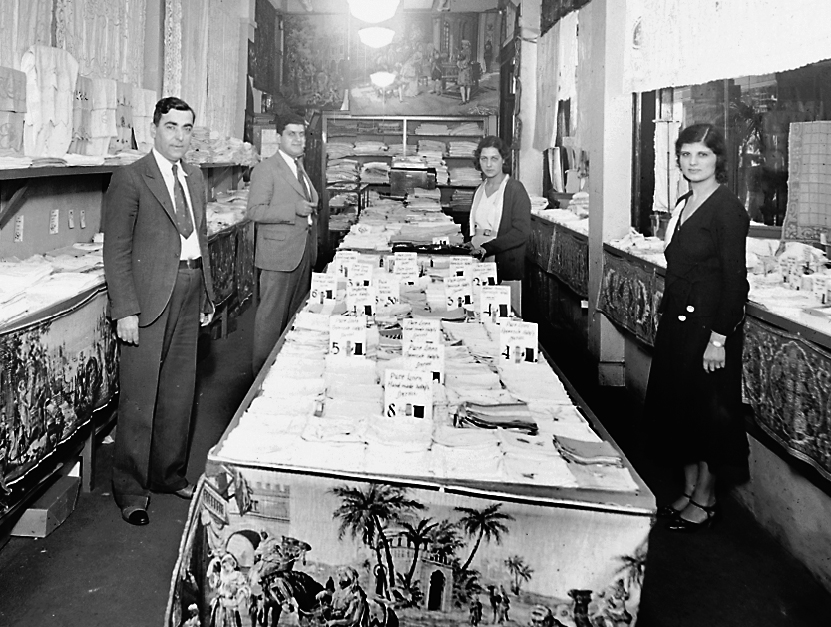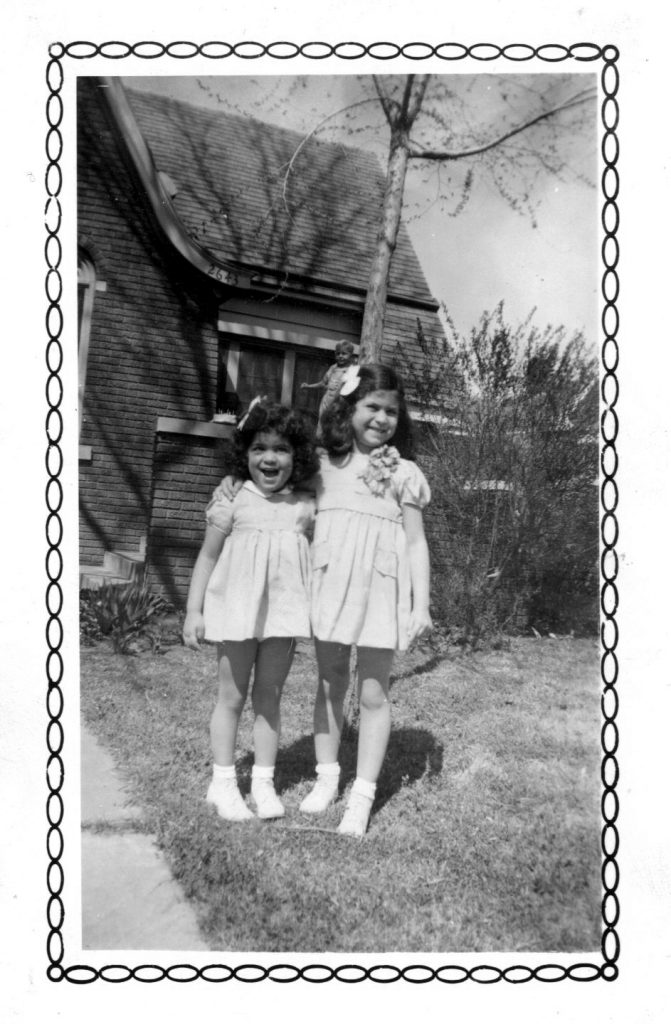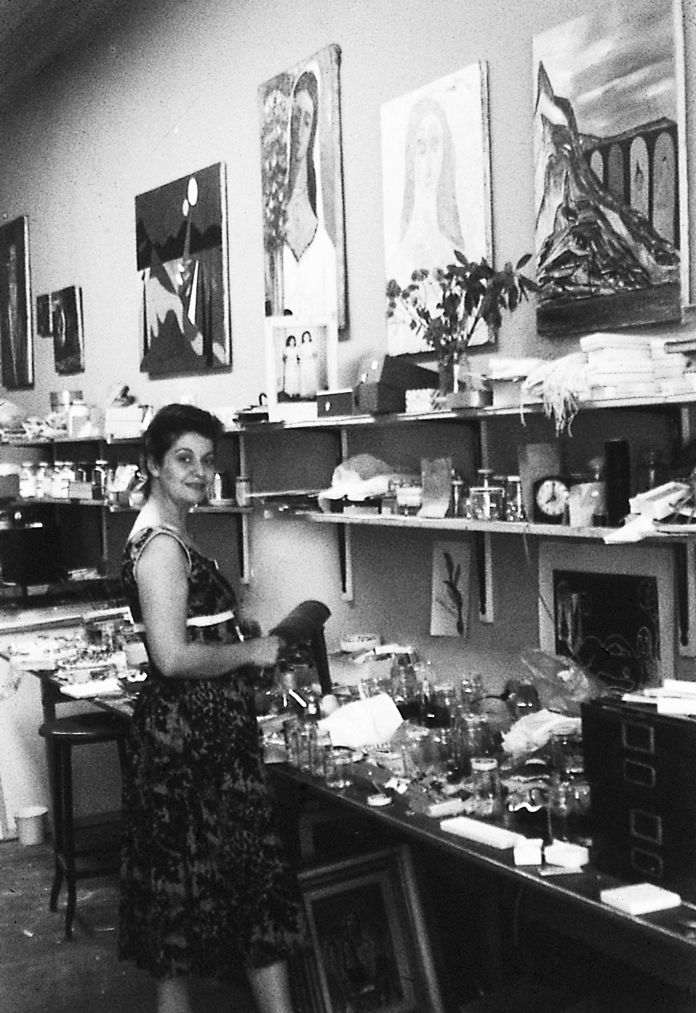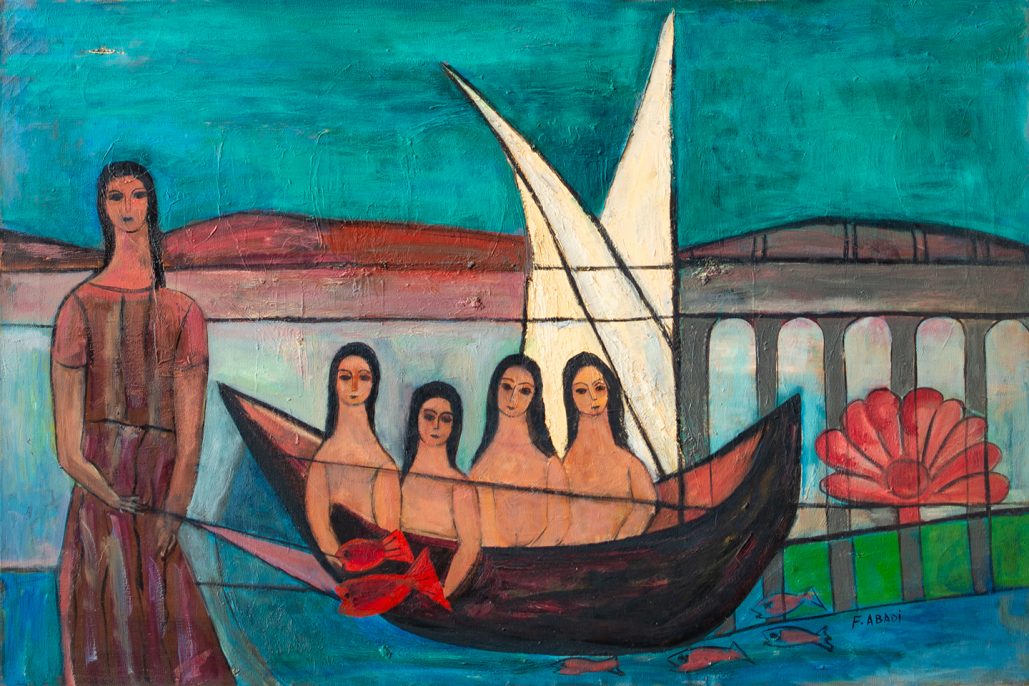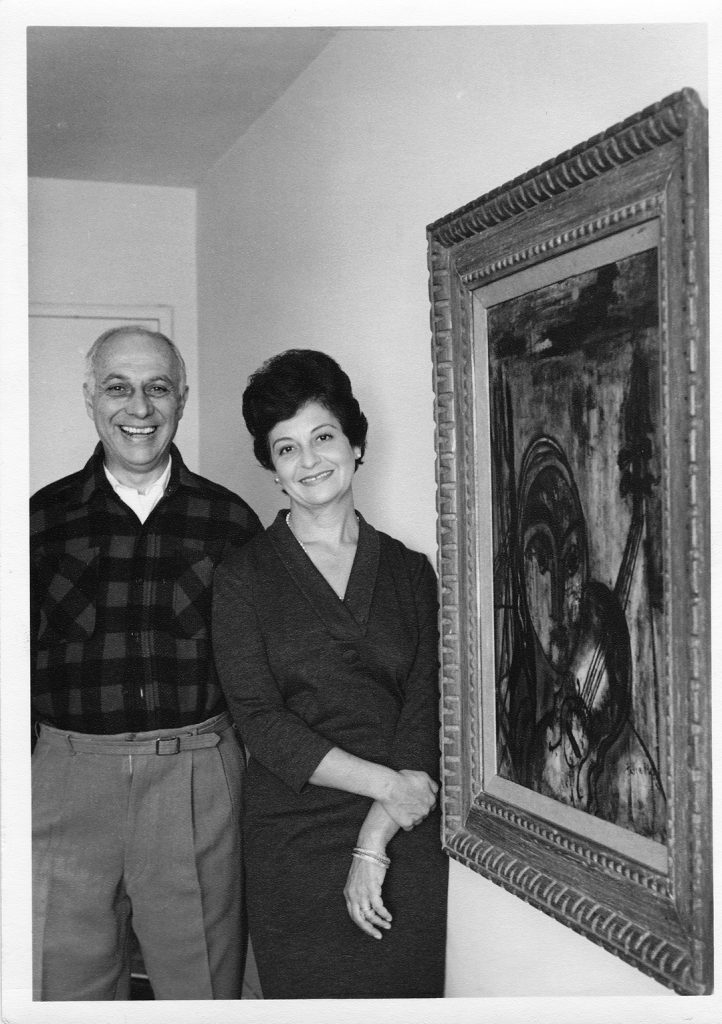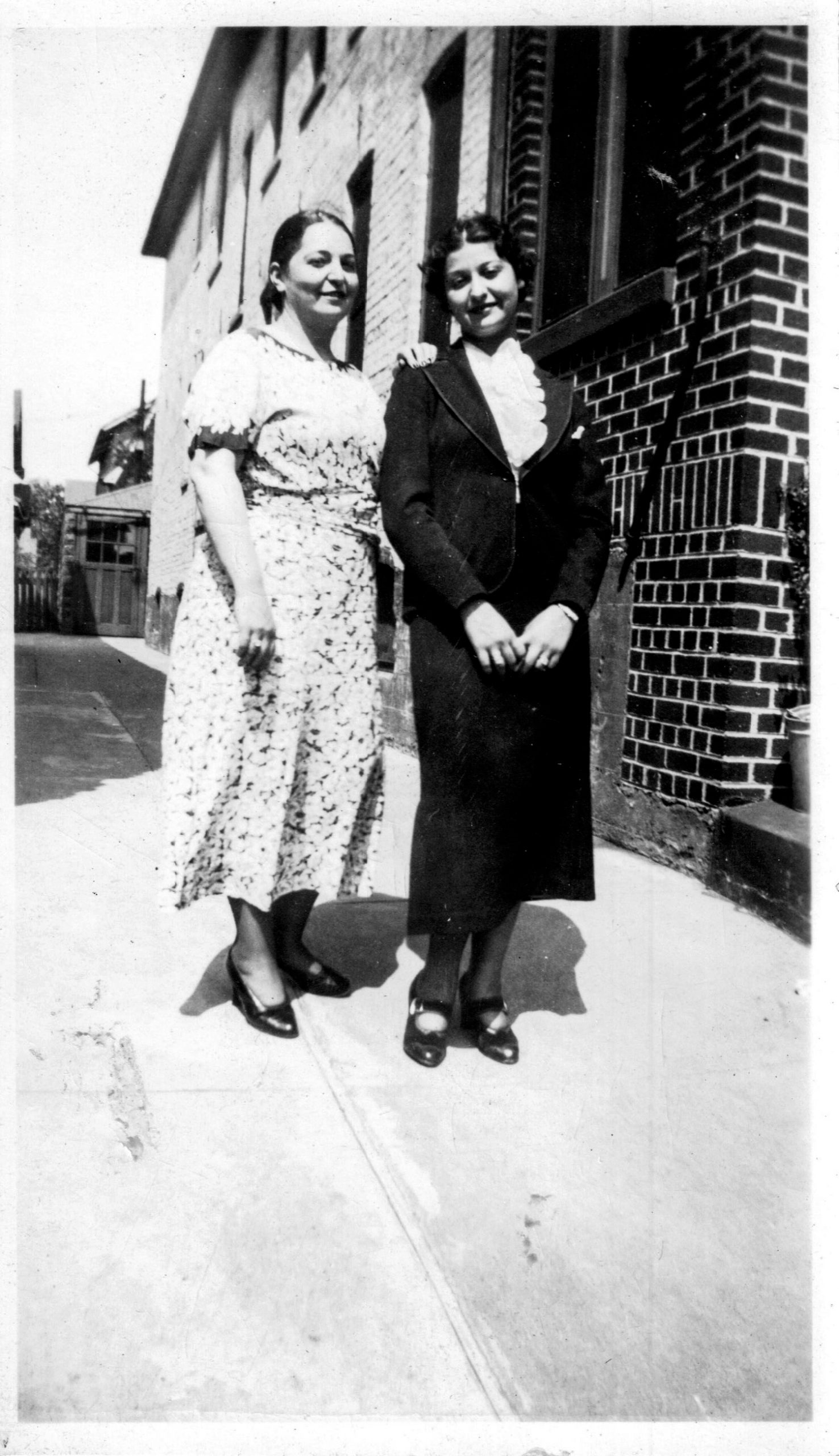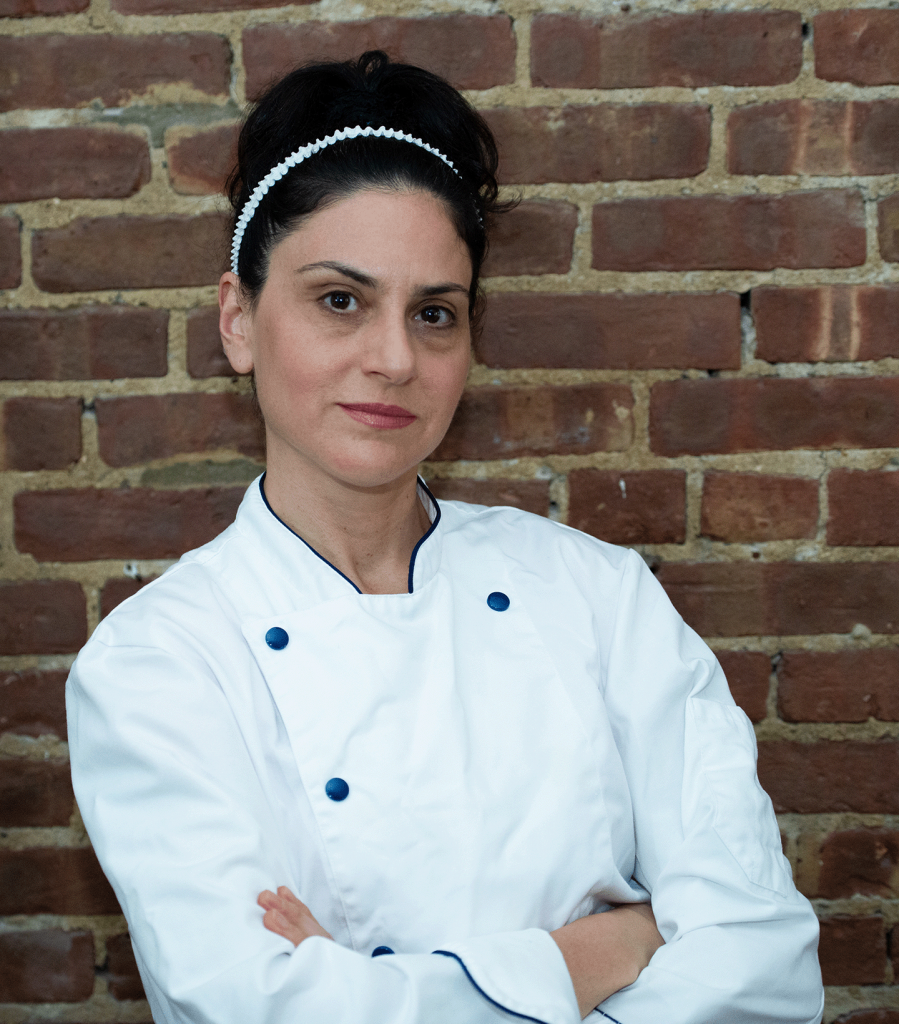
Jennifer Abadi lives in New York City and is a researcher, developer, and preserver of Sephardic and Judeo-Arabic recipes and food customs. A culinary expert in the Jewish communities of the Middle East, Mediterranean, Central Asia, and North Africa, she teaches cooking at the Institute of Culinary Education (ICE), the Jewish Community Center Manhattan (JCC), and Context Conversations at Context Travel. In addition to providing Jewish food and culture tours on Manhattan’s Lower East Side, Jennifer works as a personal chef in the New York City area and offers private in-person and virtual cooking lessons. Her cookbook-memoir, “A Fistful of Lentils: Syrian-Jewish Recipes from Grandma Fritzie’s Kitchen” (now in its new and revised third edition) is a collection of recipes and stories from her family. Her second cookbook, “Too Good To Passover: Sephardic & Judeo-Arabic Seder Menus and Memories from Africa, Asia and Europe” provides an anthropological as well as historical context to the ways in which the Jewish communities of North Africa, Asia, the Mediterranean, and Middle East observe and enjoy this beloved ancient festival.

